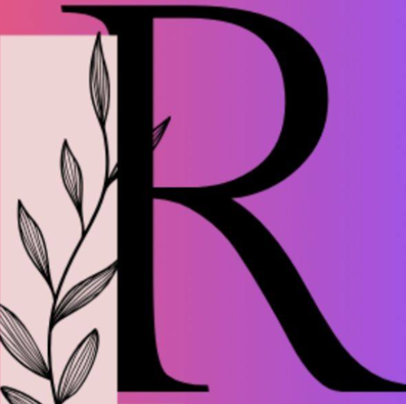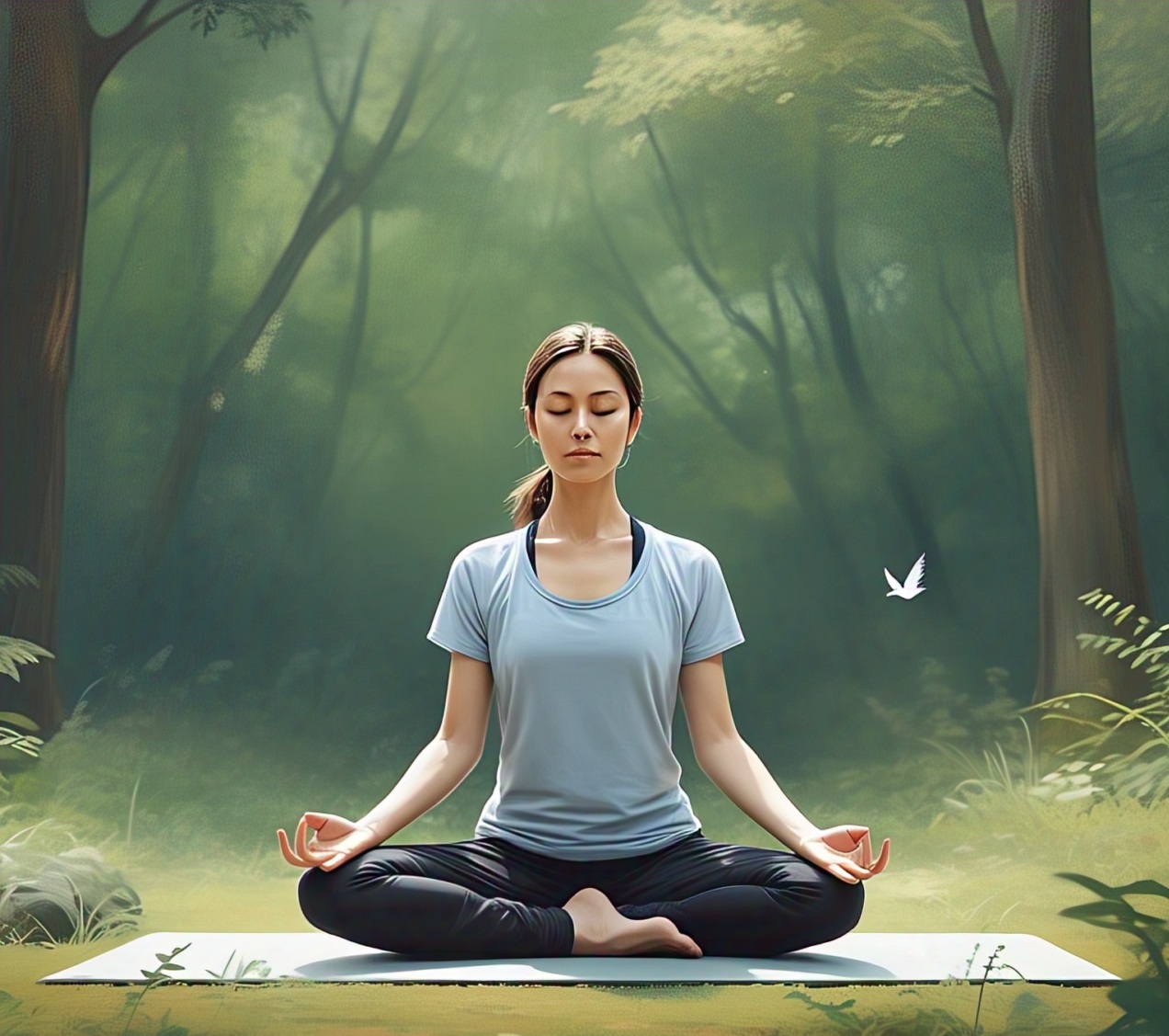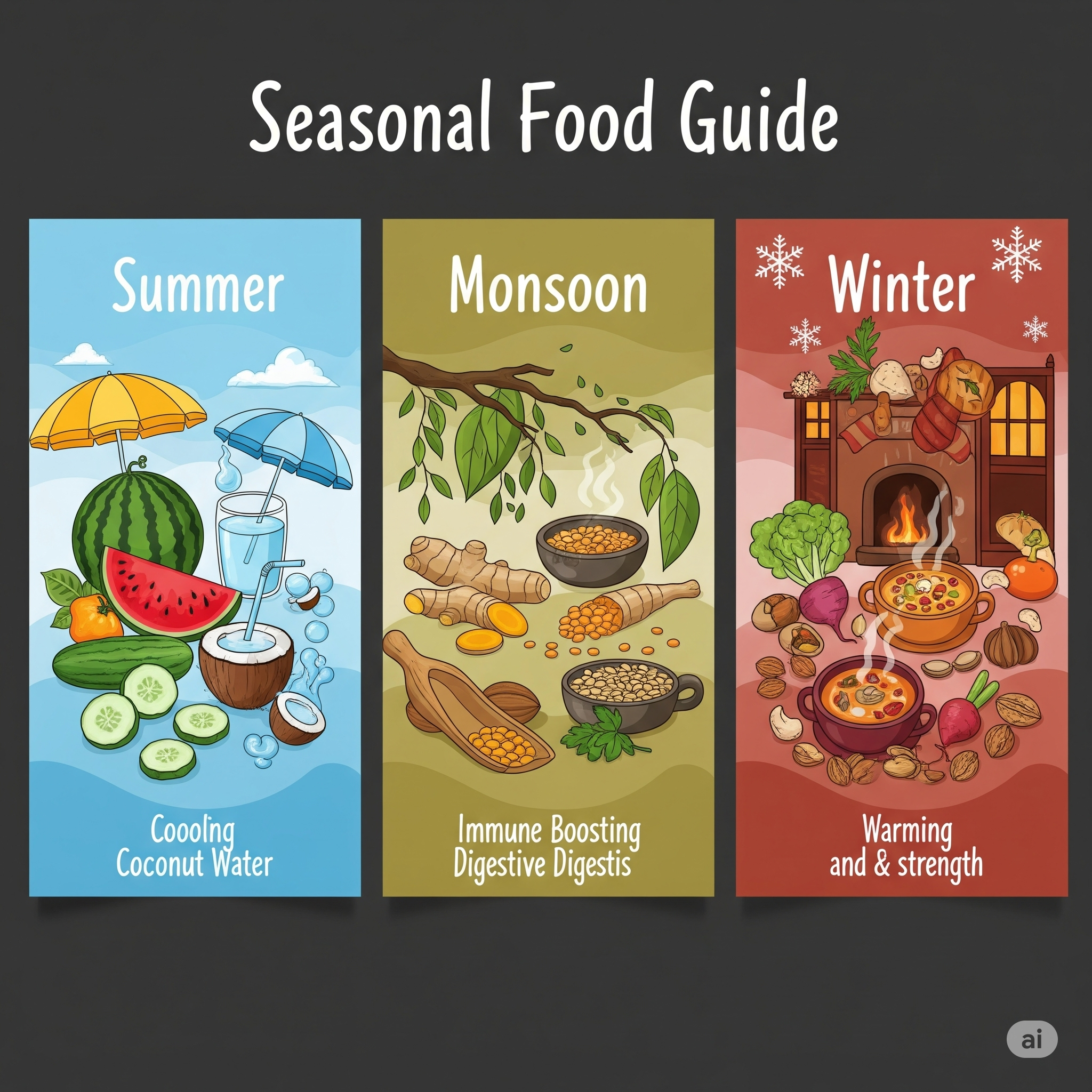15 Best Treatment Strategies for Depression: A Comprehensive Guide to Mental Wellness

Depression is one of the most common and serious mental health conditions affecting millions of people worldwide. It can lead to persistent feelings of sadness, hopelessness, and a loss of interest in activities once enjoyed. While it’s a challenging condition, depression is treatable—often with a combination of therapies, lifestyle changes, and medical support.
This article explores the 15 best treatment options for depression, combining traditional approaches with modern science and holistic well-being strategies.
1. Psychotherapy (Talk Therapy)

Psychotherapy is often the first line of treatment for mild to moderate depression. It involves working with a licensed therapist to identify and change negative thought patterns and behaviors.
Types include:
- Cognitive Behavioral Therapy (CBT)
- Interpersonal Therapy (IPT)
- Dialectical Behavior Therapy (DBT)
2. Medication (Antidepressants)

Antidepressants can help correct chemical imbalances in the brain. Common classes include:
- Selective Serotonin Reuptake Inhibitors (SSRIs) like Prozac and Zoloft
- Serotonin-Norepinephrine Reuptake Inhibitors (SNRIs)
- Tricyclic Antidepressants (TCAs)
It’s crucial to follow your doctor’s prescription and communicate any side effects.
3. Lifestyle Changes

Small daily habits can have a big impact on mood and emotional resilience.
These include:
- Getting regular exercise
- Eating a balanced diet
- Reducing alcohol and sugar intake
4. Mindfulness & Meditation

Mindfulness meditation helps center your thoughts and reduces rumination—a major cause of depression. Just 10–15 minutes per day of deep breathing or guided meditation can calm the mind.
Apps like Headspace, Calm, and Insight Timer are excellent tools.
5. Support Groups

Connecting with others who understand what you’re going through can ease feelings of isolation and provide coping strategies.
Look for online or in-person groups through organizations like:
- NAMI (National Alliance on Mental Illness)
- Mental Health America
6. Exercise & Physical Activity

Physical activity releases endorphins and serotonin, natural chemicals that boost mood.
Recommended activities:
- Brisk walking or jogging
- Yoga
- Swimming or cycling
Aim for at least 30 minutes of moderate activity, five days a week.
7. Nutrition and Mental Health

Foods rich in omega-3 fatty acids, B vitamins, and magnesium support brain function. Avoid excessive caffeine, alcohol, and processed foods.
Top mood-boosting foods:
- Leafy greens
- Fatty fish (salmon, tuna)
- Whole grains and berries
8. Sleep Hygiene

Sleep and depression are tightly linked. Poor sleep can worsen symptoms, and depression often disrupts sleep patterns.
Tips:
- Go to bed and wake up at the same time daily
- Avoid screens before bed
- Limit naps to under 30 minutes
9. Journaling and Expressive Writing

Writing down your thoughts, emotions, and experiences can help process feelings and identify triggers. This method also enhances self-awareness.
Prompts:
- “Today I feel…”
- “What’s one positive thing I experienced this week?”
10. Art and Music Therapy

Creative outlets like drawing, painting, or playing music can unlock deep emotional expression and healing. No talent is necessary—just expression.
Try:
- Adult coloring books
- Playing an instrument
- Art therapy classes
11. Sunlight and Nature Therapy

Vitamin D from sunlight boosts serotonin. Nature also reduces cortisol (stress hormone) and enhances peace of mind.
Activities:
- Forest bathing
- Gardening
- Morning sunlight exposure
12. Limiting Social Media Use

Too much screen time and online comparison can trigger low self-esteem, anxiety, and depressive symptoms.
Tips:
- Schedule digital detox days
- Turn off unnecessary notifications
- Follow uplifting content only
13. Gratitude Practice

Gratitude has been shown to enhance mood and increase dopamine levels.
Try:
- Keeping a daily gratitude journal
- Listing 3 things you’re thankful for every night
14. Professional Counseling & Coaching

In some cases, pairing therapy with coaching or specialized counseling (career, relationship, trauma) offers targeted relief.
Benefits:
- Improved goal-setting
- Structured support
- Higher accountability
15. Holistic and Alternative Therapies

Complementary approaches can enhance traditional treatments:
- Acupuncture
- Reiki
- Aromatherapy
- Ayurveda and Herbal Remedies
Always consult a licensed practitioner before use.
When to Seek Help Immediately
Depression can become severe and life-threatening. Reach out immediately if you or someone you know is experiencing:
- Suicidal thoughts
- Inability to function in daily life
- Hallucinations or extreme mood swings
Final Thoughts
Depression is not a weakness—it’s a health condition that deserves compassion, care, and the right strategies for recovery. Whether you choose talk therapy, medication, or lifestyle changes, the most important step is to take action.
These 15 evidence-based treatments offer a well-rounded approach to managing depression. Healing may take time, but with the right plan and consistent support, recovery is possible.





